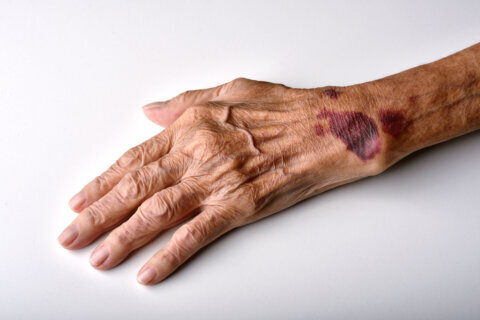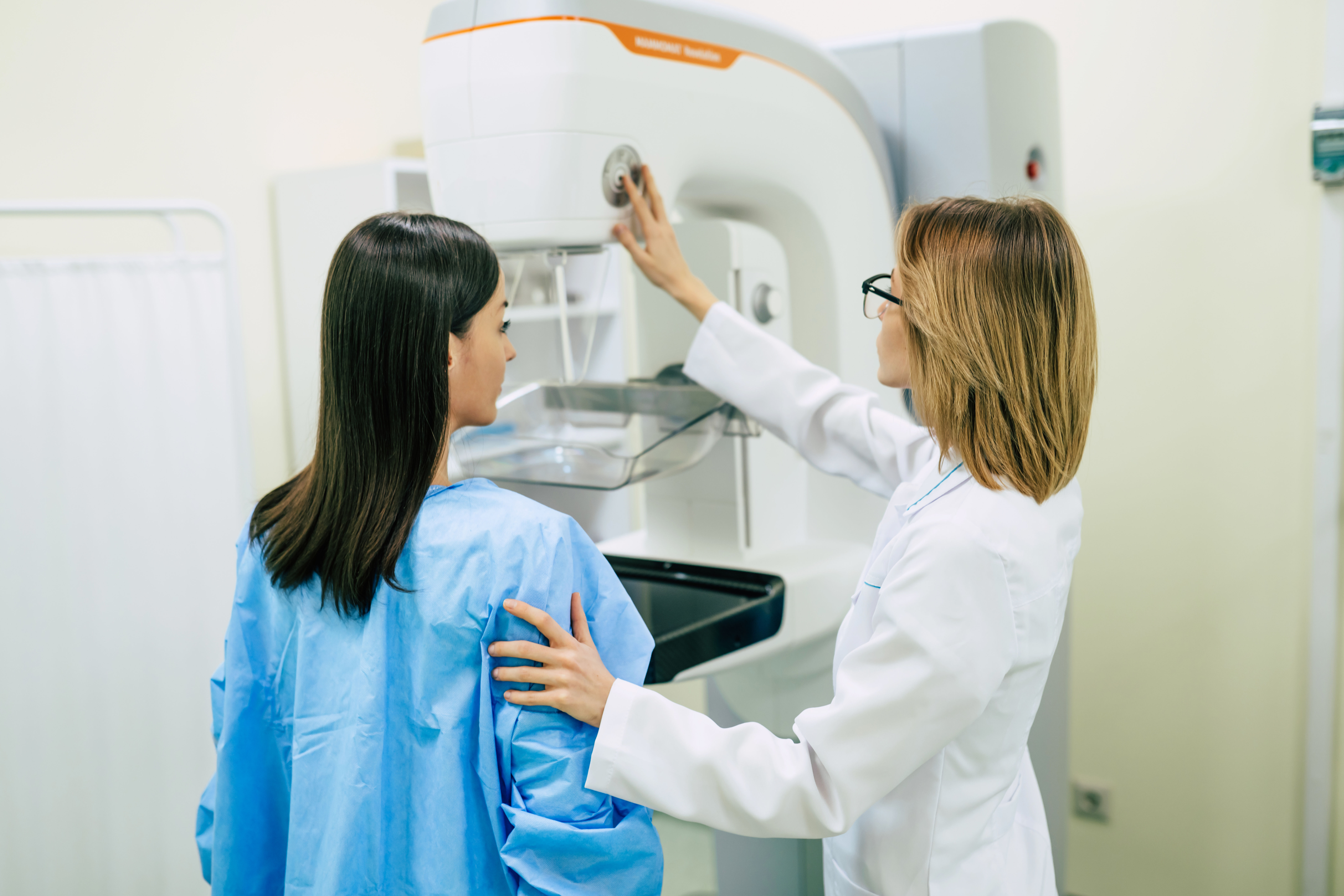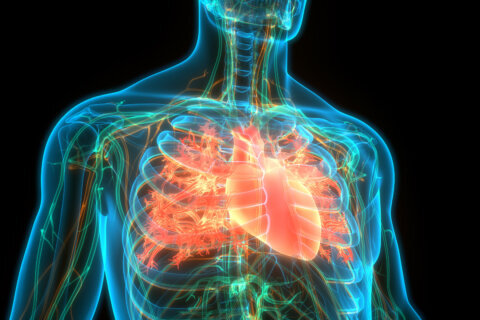This content is sponsored by MedStar Washington Hospital Center.
Approximately 800,000 Americans have a heart attack each year, and about one-third of those heart attacks happen to younger women, according to a study published in the journal Circulation.
It’s an “alarming trend” nationwide that reaches the national capital region as well, said Dr. Patrick Bering, a cardiologist at the MedStar Heart & Vascular Institute.
One reason for this uptick in heart attacks among younger women — defined as those between the ages of 35 and 55 — is their increase in cardiovascular risk factors such as diabetes, high blood pressure, obesity, poor diet, sedentary lifestyle and smoking.
“We see premature heart disease both in young men and women — unfortunately we are seeing a trend in increased hospitalization for heart attacks in young women more so than young men. There may be some additional risk factors that young women have,” Dr. Bering said. He added that conditions such as polycystic ovarian syndrome (a hormonal disorder that causes enlarged ovaries), premature menopause, and preeclampsia (high blood pressure during pregnancy) also might be increasing young women’s risk of heart attacks.
Another difference between men and women is that classic heart attack symptoms such as pressure on the chest (or that feeling that an elephant is sitting on your chest) are more common among men than women, Dr. Bering said. With women, the common symptoms are more atypical such as decreased energy, heartburn or acid reflux that doesn’t improve with simple treatments (such as antacids), intractable nausea or vomiting and significant shortness of breath.
“Because women have more atypical symptoms of heart disease, they may be less likely to seek medical attention at the time they are experiencing something like a heart attack,” Dr. Bering said.
Women’s symptoms can be confusing even for the health care community at times, Dr. Bering said. Since young women are likely to have atypical symptoms, the symptoms they present have to be taken in context with the rest of their symptoms and wellbeing. For example, an inability to do physical exercise that goes along with symptoms of heartburn, nausea or fatigue can be more worrisome than if it’s just heartburn after a spicy or acidic meal, Dr. Bering added.
“If someone is having significant shortness of breath or decreased energy, intractable nausea or heartburn that doesn’t get better with usual methods such as an antacid, they should seek medical help, especially if they have a history or premature heart disease in their family or if they have risk factors for heart disease …,” he said.
Younger women can take certain measures to help prevent a heart attack. At an individual level, these women can be more aware of their health and their role in risk factors for heart disease, Dr. Bering said. Five steps can help guide these younger women toward more positive health outcomes: adhere to a healthy diet, exercise regularly, maintain a healthy weight, manage stress and get a good night’s sleep.
It also starts with establishing a relationship with a primary care doctor who can monitor risk factors before they become a more serious issue, Dr. Bering said.
“A regular check up with your primary care health provider every year is an important way for you to have a dialogue and positive relationship with the health care community,” he said. “We in health care are very excited about seeing patients where we can make positive influences to prevent disease, and in fact that seems to be our most successful strategy when we are combating disease.”
Certain demographics may want to understand their increased risk for heart attacks as well. There is a high amount of premature heart disease in African American women, for example, Dr. Bering said.
The health care providers at MedStar Heart & Vascular Institute are not only passionate about patient care, but also skilled in a variety of cardiovascular health issues. The physicians can help with prevention, and also provide solutions to help those who develop cardiovascular disease.
“We have a team of experts who are able to provide you with comprehensive, expert care in order to manage your conditions optimally in a strong dialogue with you,” Dr. Bering said. “We like to make our care patient-centered so that everything is focused on goals we can achieve with the patients themselves.”
If you are experiencing symptoms of a heart attack, or have concerns about a loved one’s heart issues, don’t delay care. At MedStar Washington Hospital Center, we are safe and ready to care for you. From physical distancing in the waiting rooms and staggered appointments to screening all patients for COVID-19 symptoms and mandatory use of face masks, we are taking all of the necessary precautions to protect our patients and staff during the pandemic.
Read more and listen to a podcast with Dr. Bering here.







